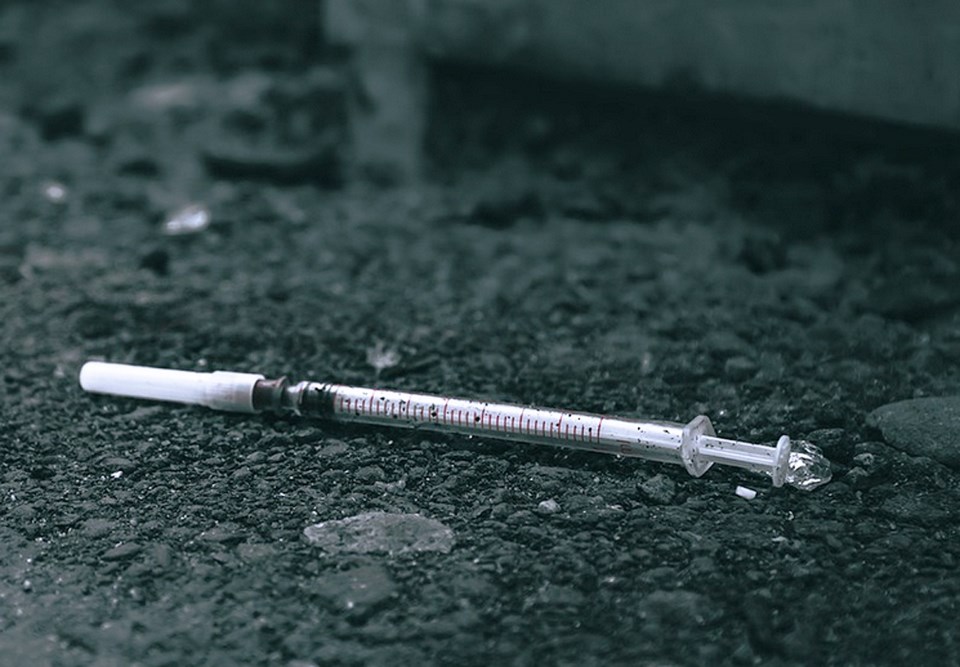No community has been spared the tragic consequences of the overdose crises, including the City of Delta.
The B.C. Coroners Service last week reported that 2020 was the province’s worst year in terms of number of lives lost due to the effects of toxic illicit drugs.
There were 1,716 deaths, representing a 74 per cent increase over the number of deaths recorded in 2019. The number of illicit drug toxicity deaths last year equates to about 4.7 deaths per day, which is two deaths per day higher than in 2019, according to the report.
The toxic illicit drug supply in British Columbia has also claimed more lives than motor-vehicle crashes, homicides, suicides and prescription-drug related deaths combined.
Fentanyl was detected in more than 80 per cent of illicit drug toxicity deaths last year.
According to the B.C. Coroners Service, Delta had 14 deaths in 2019 and 19 deaths in 2020.
A Delta staff report to city council late last year noted there’s been a sevenfold increase in overdose fatalities in the city over the decade.
The report said the public health emergency declaration by the provincial government allowed for the collection of, as well as access to, more robust and up-to-date data on overdose activity across the province, including overdose and fatality data from Fraser Health and the B.C. Coroners Service.
Between January and August 2020, there were 137 overdose events in Delta attended by B.C. Ambulance, 17 of those were in August alone.
In 2019, there were 134 overdose events per 100,000 population.
Last year saw a 97 per cent increase in the overdose event rate in Delta, with 265 per 100,000 population as of late summer.
However, while Delta had the highest percentage rate change in the region, the city was still at the lower end in terms of total numbers compared with some neighbouring municipalities.
The Delta Overdose Community Action Team (DCAT) was established in 2018 as a community-driven collaborative group, co-chaired by Deltassist and FHA.
“It is recommended that staff continue working with DCAT and other partners, such as Delta School District, to support developing a community-driven and evidence-based action plan to address the impacts of COVID-19 on the overdose situation in Delta as well as the needs of Delta's diverse community groups, including school students,” the staff report suggested.
In a letter to Federal Minister of Health Patty Hajdu, Mayor George Harvie reiterated a call by the province and other municipalities to recognize the overdose crisis as a national public health emergency, and work with the provinces to develop a comprehensive plan to address this issue.
He noted that, compounded by the COVID-19 pandemic, communities across Canada are seeing a devastating increase in the number of opioid-related overdoses and deaths, and the City of Delta has not been immune to the impacts.
Saying the overdose crisis is a complex and multi-layered issue that has to be addressed by all levels of government, Harvie said the City of Delta recognizes the work already undertaken at the federal and provincial levels to address the crisis, however, there is still much work to be done.



